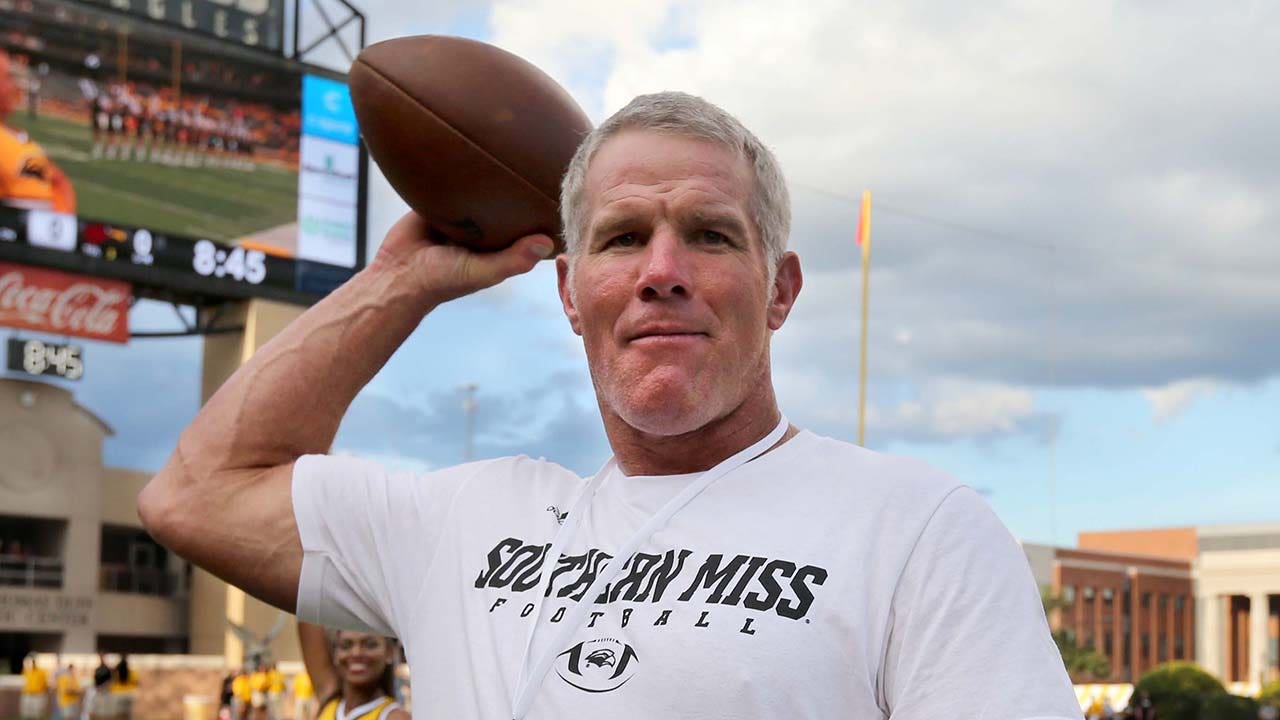TALLAHASSEE, Fla. (AP) — Progressive advocates have filed a lawsuit in federal court challenging new restrictions on Florida's process to get citizen-driven initiatives on the ballot before voters.
Florida Decides Healthcare, the campaign to secure a measure on the 2026 ballot to expand Medicaid in the state, is bringing the legal challenge, along with the Southern Poverty Law Center and the Elias Law Group, which frequently represents Democratic groups and candidates.
Sunday's filing came days after Republican Gov. Ron DeSantis signed the restrictions into law, over the objections of critics who argued the new hurdles would make it prohibitively expensive and effectively impossible for grassroots campaigners to get measures on the ballot.
“This bill is not about improving the ballot initiative process. It attacks the fundamental freedom of Floridians to participate in their own democracy," said FDH Executive Director Mitch Emerson. “It is a calculated and cowardly attempt by politicians in Tallahassee to rewrite the rules — not to serve the people, but to protect their own power.”
Representatives for Florida Secretary of State Cord Byrd and Attorney General James Uthmeier did not immediately respond to requests for comment from The Associated Press. A spokesperson for DeSantis pointed to the governor’s previous posts on social media, in which he argued that lawmakers should have made the changes sooner.
Under the new law, voters could be charged with a felony if they collect more than 25 signed ballot petitions, other than their own or those of immediate family members, and don’t register with the state as a petition circulator.
Emerson estimates the new law will mean millions of dollars in additional costs for his campaign, the price of complying with new requirements and hiring more paid circulators to make up for volunteers who back out for fear of legal liability.
“Volunteers are second-guessing whether they can legally help. Communities are confused. And that’s exactly what the law was designed to do: to sow confusion and try to shut down engagement before it starts,” he said.
Emerson said FDH had collected about 100,000 signatures to date in its push to bank 880,000 verified petitions ahead of a Feb. 1 deadline.
Florida voters have long been able to use the citizens’ initiative process to bypass the Republican-dominated Legislature and advance progressive policies such as raising the minimum wage, legalizing medical marijuana and restoring the voting rights of people with felony convictions.
Lawmakers argue the new restrictions are needed to reform a process they claim has been tainted by fraud. The state's GOP-controlled Legislature pushed the changes months after Florida voters supported ballot initiatives to protect abortion rights and legalize recreational marijuana, though the measures fell short of the 60% needed to pass.
“This bill is not an attack on the citizen initiative process,” said co-sponsor state Sen. Don Gaetz, a Panhandle Republican. “It’s an attack on those who have corrupted it.”
The law also restricts who can collect petitions, barring Floridians with felony convictions who haven’t had their voting rights restored, as well as noncitizens and people who don’t reside in the state.
Under the changes, Floridians will have to provide more personal information when filling out a petition, disclosing their driver’s license number, voter ID card number or the last four digits of their Social Security number.
And campaigners will face shorter deadlines to return petitions to local election officials, and stiffer fines if they don’t send them to the correct county.
___ Kate Payne is a corps member for The Associated Press/Report for America Statehouse News Initiative. Report for America is a nonprofit national service program that places journalists in local newsrooms to report on undercovered issues.
.png)
 German (DE)
German (DE)  English (US)
English (US)  Spanish (ES)
Spanish (ES)  French (FR)
French (FR)  Hindi (IN)
Hindi (IN)  Italian (IT)
Italian (IT)  Russian (RU)
Russian (RU) 








Comments